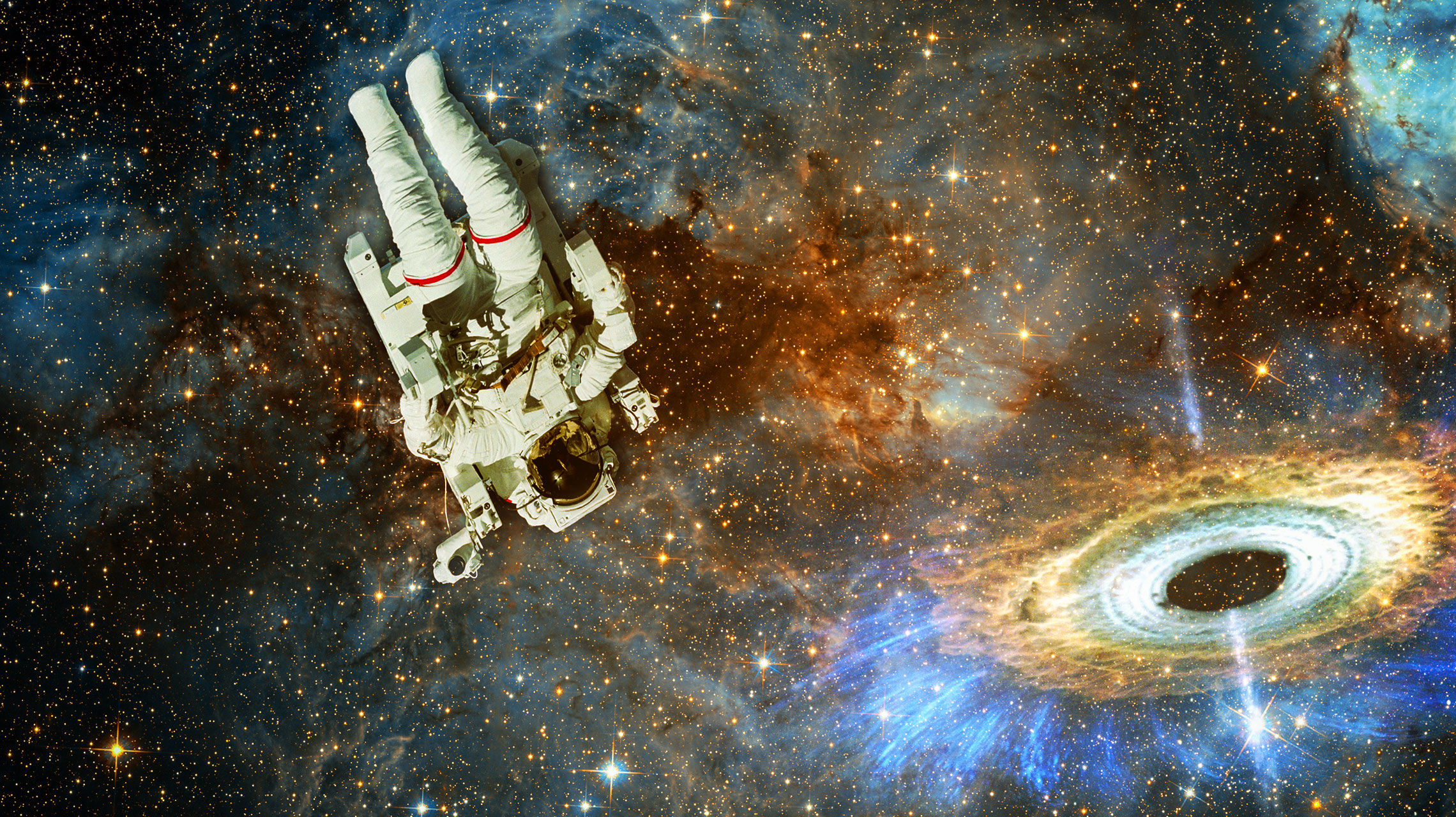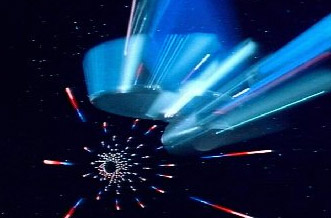Create a free profile to get unlimited access to exclusive videos, sweepstakes, and more!
Unconfirmed rumor: FTL neutrinos may be due to a faulty GPS connection

Let me start this off by first noting this is an unconfirmed report. We don't have anything solid yet. Keep that in mind, please!
Via my pal Kiki Sanford comes news that the results of an experiment showing neutrinos moving faster than light (FTL) may have been due to equipment malfunction. Science Insider is reporting, citing unconfirmed sources, that a GPS had a bad connection to a computer, and this caused the timing for the experiment to be thrown off:
According to sources familiar with the experiment, the 60 nanoseconds discrepancy appears to come from a bad connection between a fiber optic cable that connects to the GPS receiver used to correct the timing of the neutrinos' flight and an electronic card in a computer. After tightening the connection and then measuring the time it takes data to travel the length of the fiber, researchers found that the data arrive 60 nanoseconds earlier than assumed. Since this time is subtracted from the overall time of flight, it appears to explain the early arrival of the neutrinos. New data, however, will be needed to confirm this hypothesis.
Here's some background. A few months ago, scientists in Europe made a startling announcement: they had measured the velocity of neutrinos, a type of subatomic particle, and found they were moving faster than light. They created a packet of neutrinos in one spot, detected them in another, and then very carefully timed how long the flight took. By dividing the distance by the time, they found that the neutrinos got from Point A to Point B 60 nanoseconds faster than light would!
 Obviously, this caused quite the uproar. The scientists involved were careful to state they were't actually claiming FTL travel, just that they got this result. They also asked for help in figuring it out. Lots of ideas were aired out, and new experiments tried, but in the end timing was always the critical factor. The distance the particles traveled was known to very high accuracy, but the timing was far more difficult to ascertain.
Obviously, this caused quite the uproar. The scientists involved were careful to state they were't actually claiming FTL travel, just that they got this result. They also asked for help in figuring it out. Lots of ideas were aired out, and new experiments tried, but in the end timing was always the critical factor. The distance the particles traveled was known to very high accuracy, but the timing was far more difficult to ascertain.
The timing was done using a GPS system, which in theory is accurate enough to do the trick. There are lots of ways you have to be very careful when using GPS, and a lot of folks focused on that. Most of these were pretty high level issues (accounting for relativity, for example), but I never heard anything like "Hey, better try reconnecting that there cable."
To be clear: this is unconfirmed, and still in the rumor stage. If this turns out to be the case, though, then we're essentially done here. I'll be very curious to see how this plays out over the next few hours and days. Stay tuned!
Related posts:
- Faster-than-light travel discovered? Slow down, folks
- New experiment neither proves nor refutes FTL neutrinos
- Followup: FTL neutrinos explained? Not so fast, folks.


























